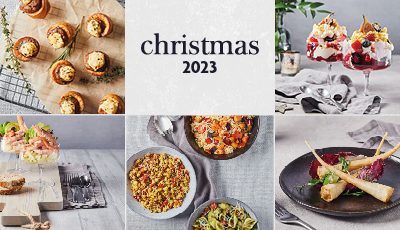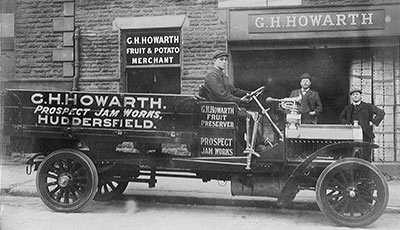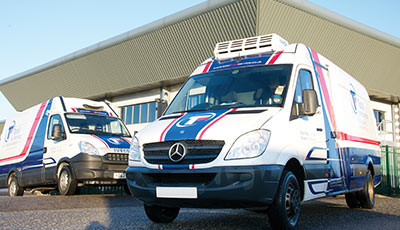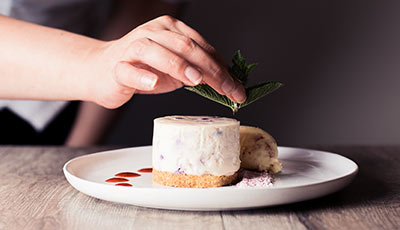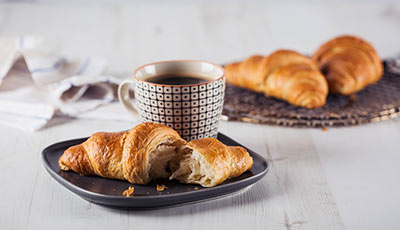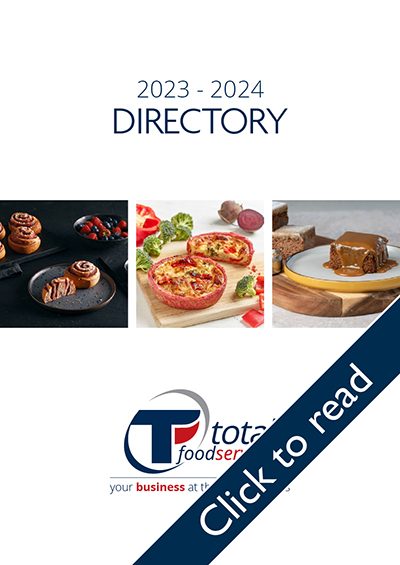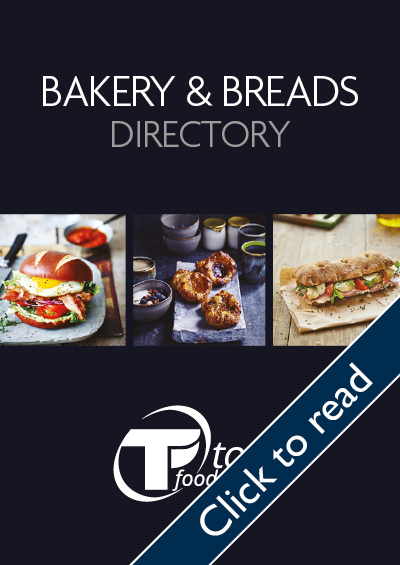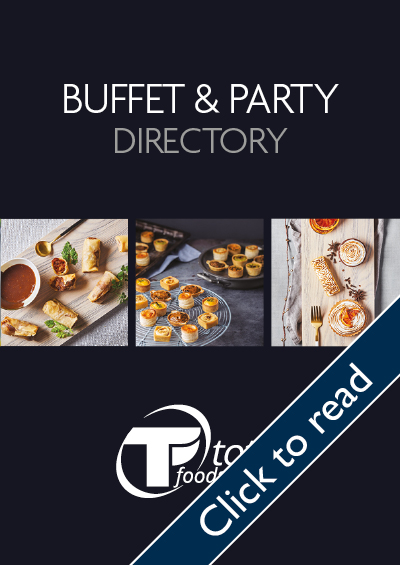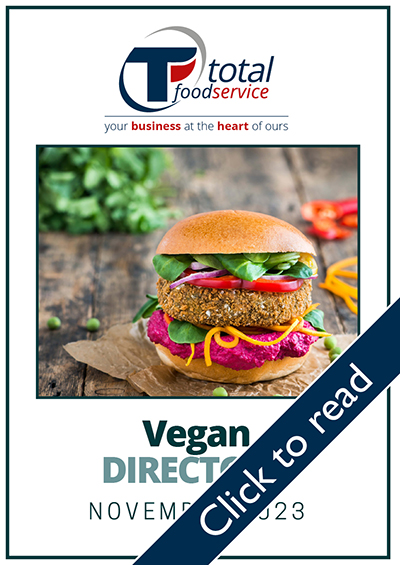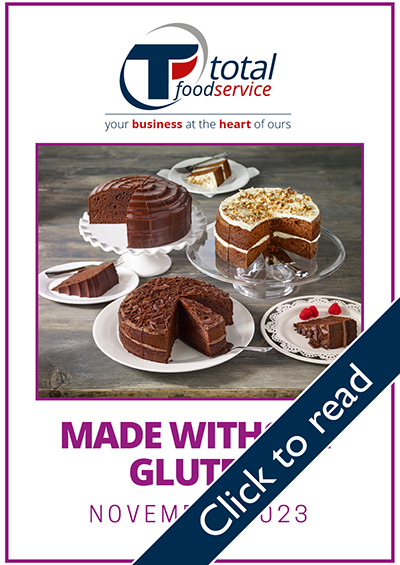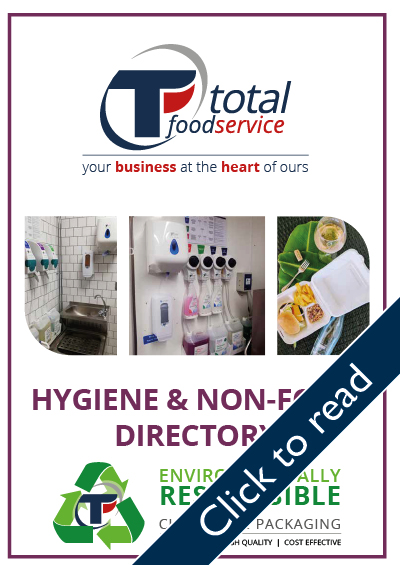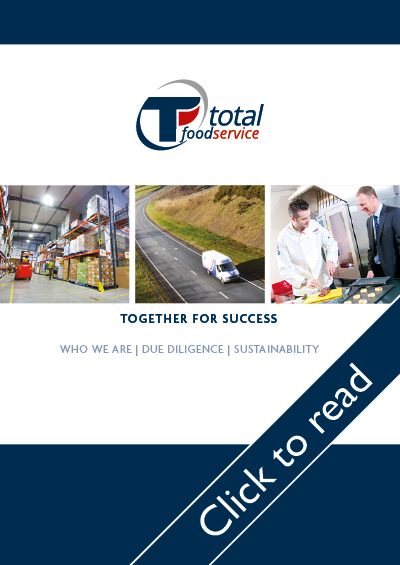Coeliac UK Awareness Week

Coeliac Awareness Week 13-19 May 2019
Did you know that research has shown that coeliac disease is not as rare as might have been thought? It affects 1 in 100 people in the UK, plus it is estimated that around half a million others are living with symptoms that have yet to be diagnosed. Another condition linked to coeliac disease is dermatitis herpetiformis (DH), a red, blistered itchy skin condition that affects around 1 in 3,300 people.
So what exactly is coeliac disease?
Well, coeliac disease isn’t the same as being gluten intolerant or having an allergic reaction to gluten. It’s an auto-immune disease in which eating gluten causes damage to the small intestine lining – so it’s vital that coeliac disease sufferers avoid foods that contain gluten or even that have come into contact with gluten. These foods include anything containing wheat, barley and rye – obvious items would be bread, cakes and biscuits, but perhaps less obvious would be fish in batter or breadcrumbs and food containing malt vinegar (made from barley): pickles, chutneys and of course the condiment you sprinkle liberally over your chips.

What does this mean for caterers?
Many caterers and food producers are already ensuring that they give great service to customers on a gluten-free diet, and the number of products available are expanding – look how much the ‘Free From’ category has grown in the retail sector. However, there is still much to be done.
For people with coeliac disease, eating out can be something of a lottery as many catering establishments lack knowledge and understanding about offering safe food. This includes meals in schools, hospitals, workplace canteens and care homes as well as in pubs, cafes and restaurants.
To address this issue, Coeliac UK (the independent charity with expertise in the disease and gluten-free eating) offers a GF (gluten-free) training and accreditation scheme to caterers who wish to demonstrate they can provide gluten free products on their menus. As well as using gluten-free ingredients in GF menu items you will need to prevent cross-contamination from products containing gluten. You can read more about that here.

So what should you do?
You should be aware that by not catering for customers with coeliac disease, not only do you miss out on their custom, but also that of their friends and family. Coeliac UK carried out a survey of members and found that for 80 per cent of them their need for gluten-free meals determined where the whole group chose to eat out. That’s an estimated potential of £100 million being lost to non-gluten-free catering outlets, but by making an effort to cater for coeliacs you can secure their loyal custom.
Fortunately it’s actually surprisingly easy to provide gluten-free meals when you have all the key information. Again Coeliac UK can help.
In the meantime, think about how you can structure your menus to include gluten-free choices.
For a start, many food products are naturally gluten-free and you may be already offering GF choices without even knowing it!
Great ingredients such as meat, poultry, fish, eggs, milk, cheese, butter and cream; fruit and vegetables; nuts and seeds and even starches such as cornflour, potato flour, soya flour and polenta, and cereals such as rice, corn (maize) and sago are gluten-free.
Plus there are gluten-free alternative products for pasta, cakes and bread.
And to make catering for people with coeliac disease even simpler, Total Foodservice has created a new 42-page brochure: Made without Gluten which you can download. It’s full of fabulous, delicious GF food, so there’s no excuse not to be offering GF dishes to your customers!
And if you’re intending to promote your business alongside Coeliac Awareness week remember to use #CoeliacUKAwarenessWeek.



